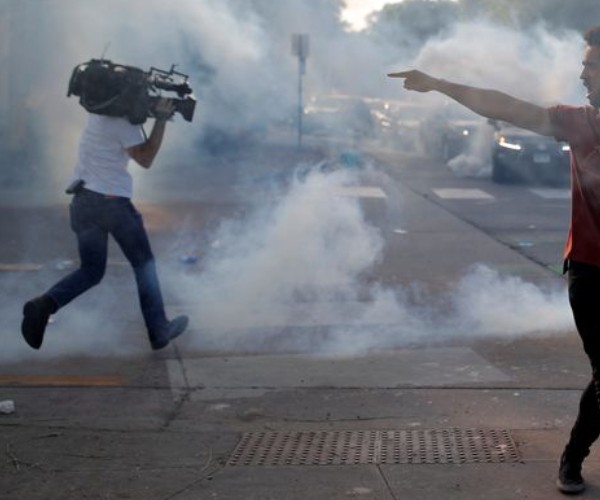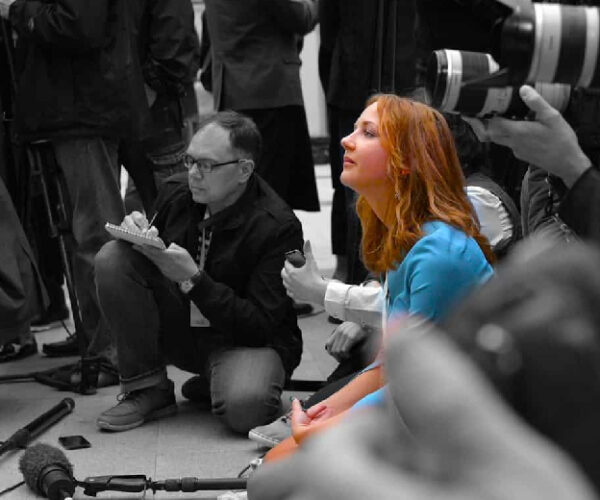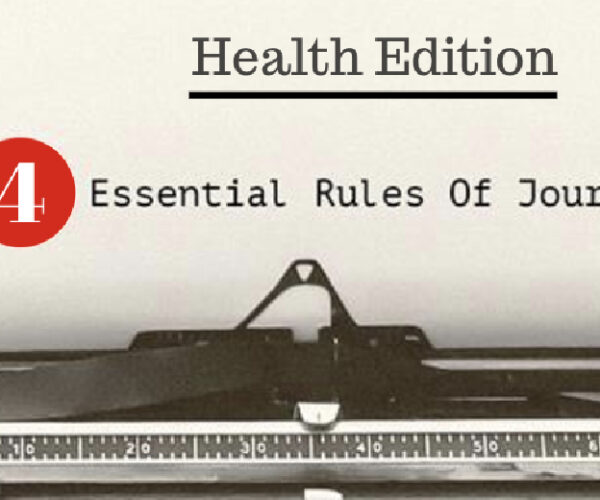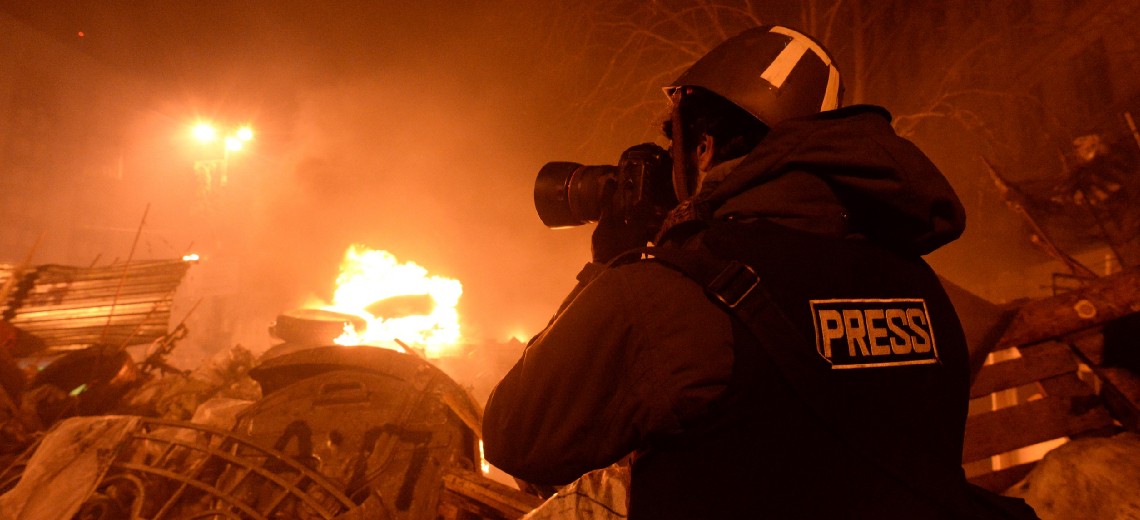Journalism is an integral part of democracy. The press has a responsibility to provide accurate and unbiased information, especially during times when the political system seems to be broken or struggling in some way.
One example of this was Watergate which uncovered corruption at its highest levels within our government leading up Nixon’s resignation as president due to impeachment proceedings against him for abuse of power after he ordered his staff to break into Democratic National Committee headquarters, steal documents from them and cover up their actions afterwards;
The media of a democracy is considered the “fourth estate.” The fourth order, or house, exists to properly represent and speak on behalf of those they serve. Indian history tells us that there was an important role for journalism during India’s Independence struggle.
Journalists would critically evaluate every act made by British officials in order to inform the citizens back home about what happened while shaping their country into one where all people were equal under law–in essence making sure freedom prevailed over tyranny as it should be!
The media is a powerful tool that can be both helpful and destructive. Media freedom fighters recognized the power of this institution, so they used it as an opportunity to spread their messages to large audiences in order for them all across India. With such influence over the masses came great responsibility – but unfortunately these days many people are questioning whether or not there has been too much change happening within journalism itself?
Journalism was created with the sole purpose of informing people about what is happening around them. For this reason, we try our best to not only give you a clear idea but also have important points while using correct language
Coming up with a list of journalistic principles is tough work, but it’s incredibly important. Accuracy and impartiality are just two elements that define responsible journalism.
A journalist should report the facts without fabrication or misrepresentation to maintain accuracy in their reporting for the sake of precision as well as objectivity so they can be accountable for what they publish publicly which also helps them remain ethical when working on any story you take on professionally because your reputation will depend largely upon these key features we see in good reporters such as yourself who possess those qualities
The media’s ability to make or break a politician is well documented. As such, journalists are faced with the difficult task of deciding whether they should publish certain information that may be damaging for their career and potentially democracy as a whole but could also lead to positive change in society by educating people on an issue.

The media have a responsibility to the public, and it is their obligation that they cover what’s of importance.
The wheel on which democracy runs cannot be turned without the vehicle of media – however Indian news has been criticized in recent years for disregarding social responsibility by only broadcasting sensationalized headlines rather than more important issues.
Media needs to change its focus from just reporting events like “Man eats dog” or “Woman drinks 500 ml milk,” but instead report about things such as corruption, human trafficking etc., so we can help bring awareness and advocacy where needed most
Considering the current scenario, Indian media should focus on developmental and economic issues. They need to take up matters that address people’s true concerns; not just sensationalist stories or blindsiding ads for products.
The public trusts in the media because of this spirit, so they must be responsible with it by reminding themselves of its obligations: accountability, knowledge acquisition, transparency- all as part of journalism!
“Gandhi is quoted as saying that the newspaperman’s profession is a ‘noble one.’ More importantly, he said journalism has an enormous power to create both knowledge and opinion among people. He believed in responsibly informing citizens about what they need to know.”
“In his quote on journalism,” Gandhi says there are two ways of spreading light: “to be the candle or the mirror that reflects it”. By being responsible journalists we can help spread information for readers who want access to more than just entertainment news but also informative articles.






